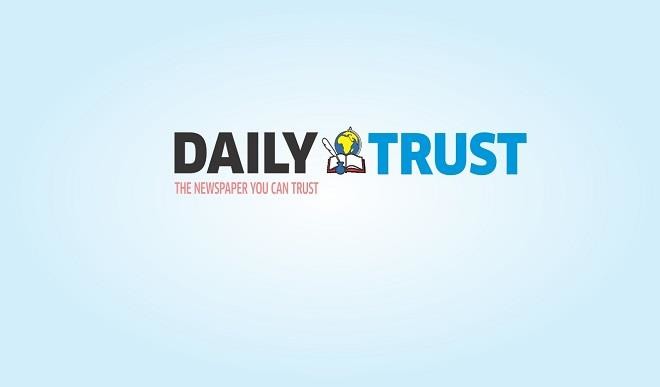Re: Daily Trust Board of Economists’ position
Thank you for inviting my comment on the gist of your team’s work. Let me say first that about your team’s frustration with corruption, I feel your pain! Truth is that the fight against the corruption seems too spasmodic in intensity – now you see a sparkle of hope for a radical change, next you […]


Thank you for inviting my comment on the gist of your team’s work. Let me say first that about your team’s frustration with corruption, I feel your pain! Truth is that the fight against the corruption seems too spasmodic in intensity – now you see a sparkle of hope for a radical change, next you don’t.
The administration has too much of a narrow definition of corruption in Nigeria. The battle cry is only ‘to catch a thief’! It does nothing at all about cleansing our deepening culture of corruption that has enabled the virus of fraud and venality to increase and multiply, becoming all pervasive across all classes and groups in our society.
Of course, the big bucks are stolen by many in the public sector!
For the government to do justice to its boisterous “War on Corruption,” our crooked culture must be both the target and the battle field before it can produce the ‘groundbreaking shift’ that your team will like to see. But let’s face it, our culture has become corrupt. This tells me that no economic model will save our necks; meaning that the economic team must be multidisciplinary because what ails our economy is more than the economic! This suggests, for one example, that the War Against Corruption has become too important to be left to economists alone.
If you catch a thief that you cannot jail because many of your lawyers and judges are already drenched with Simon’s “no bed space,” values, how then do you hope to beat corruption in the land for good? This I submit is not a formula, for making a lasting impact in the War Against Corruption. It seems that the administration is quite satisfied to muddle through this war paying no mind as it were to creating any institution to fight the corruption in its assumed obdurate image. Is there an honest determination to fight corruption by this administration? The answer is yes.
But it has no teeth with which to even take an axiomatic bite out of corruption. It has built no capacity for that. The so called PACAC that serves as its corruption czar don’t even have a strategic plan!
Instead the War on Corruption continues to use as its main weapons the Treasury Single Account, TSA, the Economic and Financial Crimes Commission, EFCC, the Independent Corrupt Practices Commission, ICPC all three created by the PDP in its own corrupt image. In fact, the government will do well to listen to your call for “expenditure-tracking mechanisms that includes government’s foreign transactions.”
Apart from the president’s illustrious grit to end corruption as we know it, your innovative expenditure-tracking mechanisms may be this administration’s only original contribution to the War on Corruption. The rest is puff!
I agree with your team in celebrating our gradually improving economy, but you seem to forget to extend the credit for our emerging recovery to the Niger Delta militants and the noiseless wisdom of Mr. President to shun his hardline bench of advisers. The cheery growth projections and foreign reserve outlook are all results of the increased production and rising prices of crude oil. No magic there, just Buhari’s commonsense for which he is yet to get adequate credit. In fact, our economy will get even better if the North drops its opposition to the Host and Impacted Community Dividends (Host Community Development Fund (HCDF) provision in the Petroleum Industry Bill. It gives the community members a stake in the wells in their communities. This I believe will guarantee zero vandalism “for the simple reason that one does not vandalize one’s own property” as I argued in Punch some months ago.
Northerners oppose the HCDF for adding new allocations to the other allocations that the Niger Delta already has, and they have a point. But I think that your Board of Economists should study this issue carefully in the national interest. It does not make sense to make the country poorer in order to stop your neighbor from getting richer.
On the whole, I agree with most of the team’s very informed conclusions.
Ebere Onwudiwe, [email protected]
